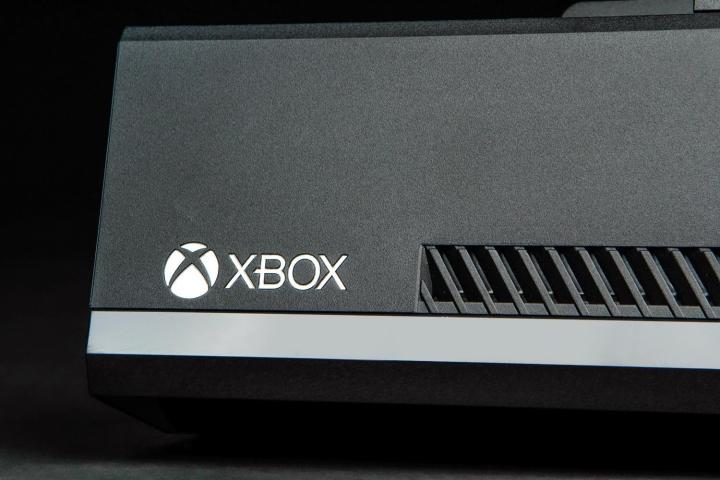
With the addition of Health integration, Xbox Fitness has become a much better workout tracker. Data recorded in Fitness, including heart rate, session length, and calories burned, are synced to the Web and to Microsoft’s many cross-platform apps. If you own a Band, Fitness is now even more useful – workouts measured while you’re out and about will contribute to online Health totals, giving a more holistic picture of how well you’re meeting your goals.
In other Xbox news, Rosetta Stone joined Epix as this week’s second addition to the Xbox One’s app catalog. While sharing the name of its exhaustive PC counterpart, Rosetta Stone for Xbox One is a pared-down language-learning app packed with study recommendations, cultural tips, phrase books, and games to help you brush up on that foreign language you learned in high school and have since forgotten (I’m speaking from experience here). It probably won’t enable you to achieve complete fluency, but considering the price — free — it’s worth a look.
The debut of Windows 10 is expected to accelerate app creation on Xbox One. This week, Microsoft released updated tools – the details of which Microsoft’s Cliff Simpkins broke down in a blog post – that allow developers to publish single apps that run natively across Windows-powered devices – tablets, PCs, smartphones, and the Xbox One.
Both the Fitness update and the Rosetta Stone app are available for Xbox One owners now. Check Xbox.com or the app store to download.


